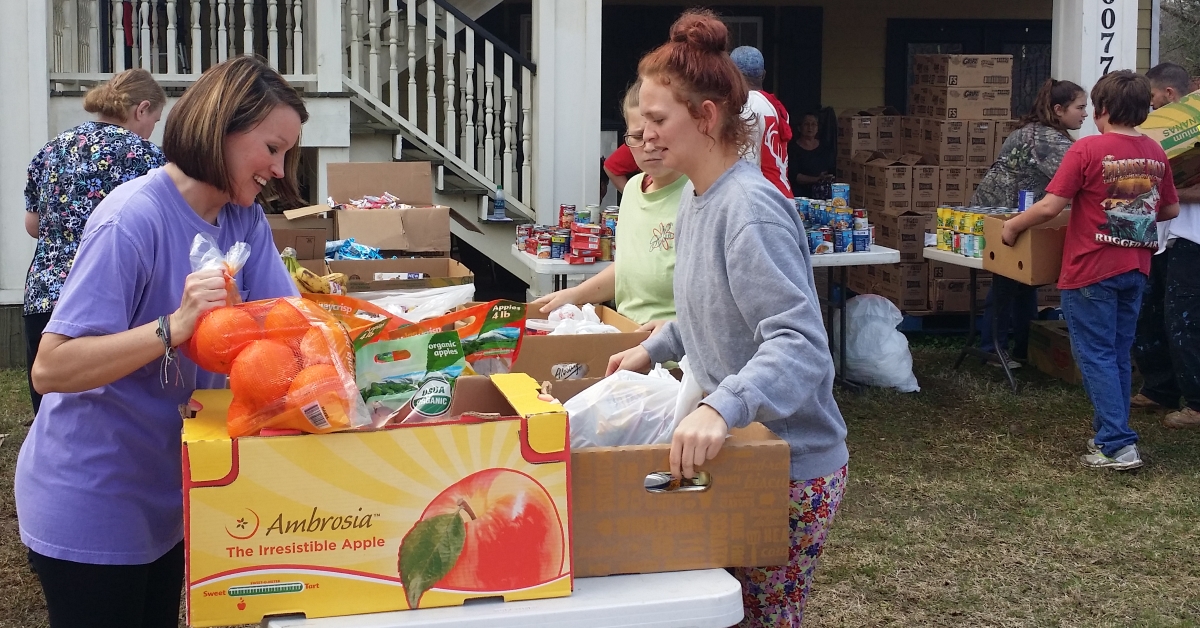
Five years ago, an apocalyptic storm of biblical proportions rained down on the gulf coast. My friend, Dr. Russ Moore remembers his hometown of Biloxi and traces the connection between Christ and Katrina, giving a strong theological framework to demonstrate how the smoldering remains and deep scars in the landscape groan for the day of redemption and serve as sign posts of repentance pointing to the risen Christ.
I can feel his pain as he explains his first trip back to the gulf coast. His feelings mirrored my own first walk through the rubble of our destroyed church buildings. Dr. Moore provides the best biblical treatment of the storm I’ve read so far. Let me urge you to read the full article. He says it better than I can.
I always feared seeing my hometown turn into Armageddon, and five years ago, sure enough, that’s just what happened. As a small child, I would sit in the pews of my church and imagine, as our pastor flipped through one apocalyptic scenario after another in his prophecy charts, what our town—Biloxi, Mississippi, on the coast of the Gulf of Mexico—would look like after the seals of the Book of Revelation had been opened, after all hell broke loose on the world as we knew it.
When I’d mention such things, the Southern Baptist adults around me would try to comfort me with the details of our then-trendy 1970s pop-dispensationalist eschatology: “Don’t worry about that, honey; the Rapture of the church will have happened by then, and you won’t be here to see it.”
That really didn’t comfort me, though, as much as they thought it would. Yes, my raptured soul would be safely sequestered in heaven, while tsunamis and locusts and horse-riding specters ravaged our hometown, but it would still be gone, washed away in a flow of blood and debris. I would be exiled from it. And home would be taken away from me—forever.
I knew I wasn’t supposed to think that way. This world is not our home, you know. We are citizens of heaven, resident aliens here for a vapor. But, still, the idea of my little beachfront community buried beneath the collapse of unbelieving civilization was hard to take, so I tried not to think about it, focusing instead on the scenarios the preachers actually talked about: the sudden evaporation of New York or Washington or Hollywood or Rome, all those Babylons that, we were told, were exalting themselves against God, and corrupting our values with prayerless schoolrooms and primetime soap operas and heavy metal music and nuns (though with a half-Catholic family, I never believed that last part).
I outgrew the dispensationalism (while holding onto the gospel underneath it all), but I still lived to see my hometown face an apocalypse. And rather than watching it all helplessly from a cloud in heaven, I had to watch it all, even more helplessly, on CNN.
Read the full article “Christ & Katrina” by Dr. Russell D. Moore

